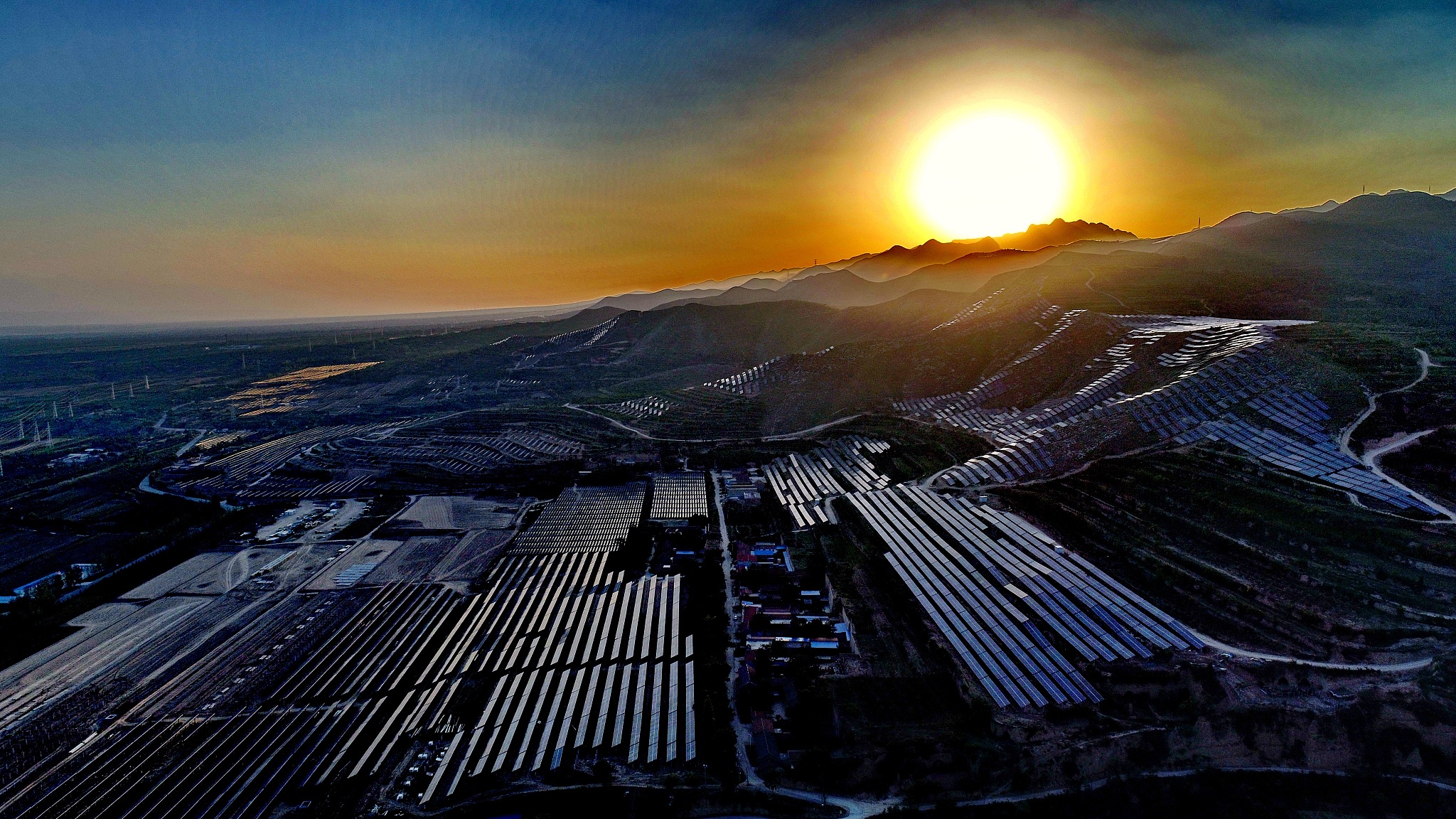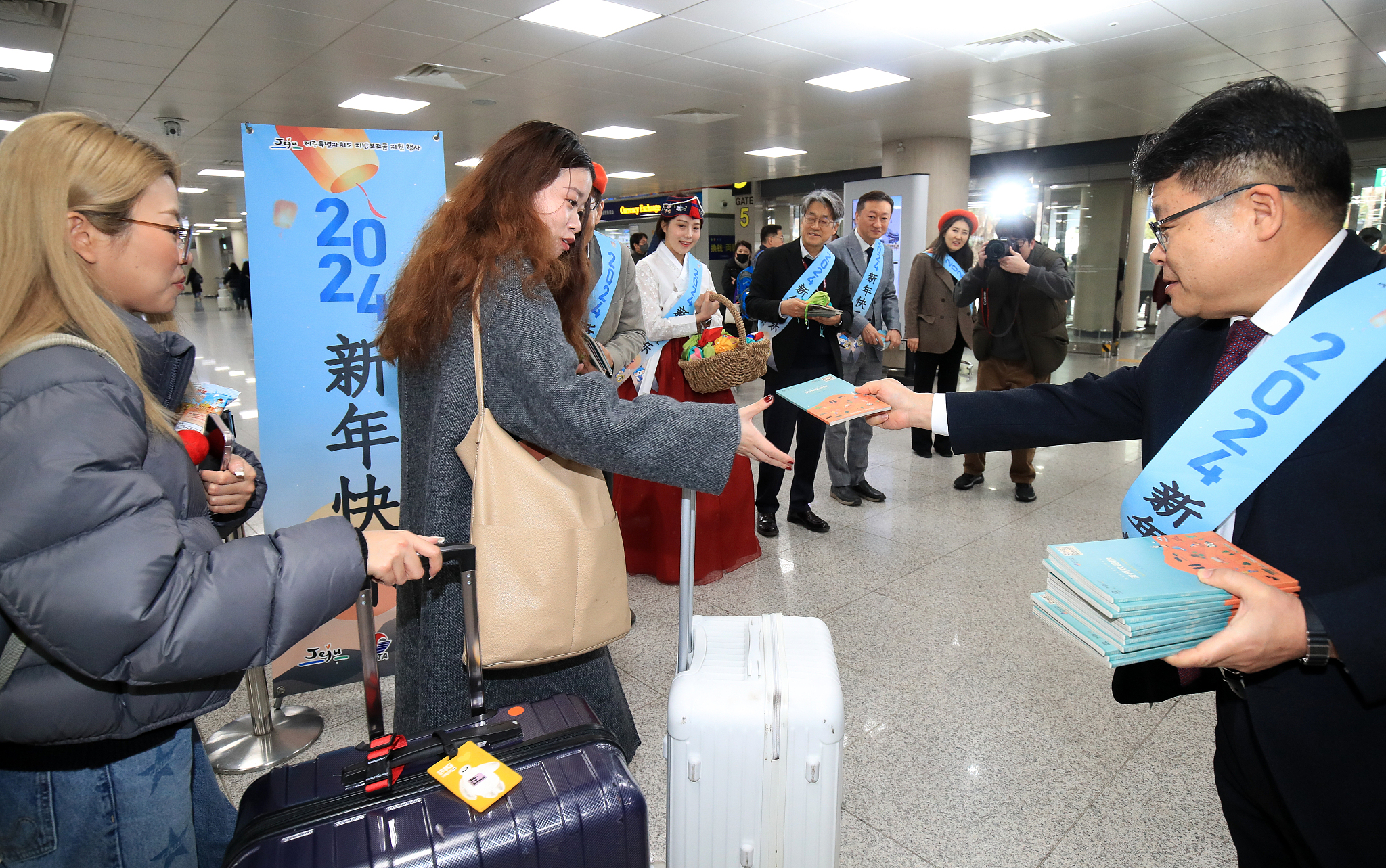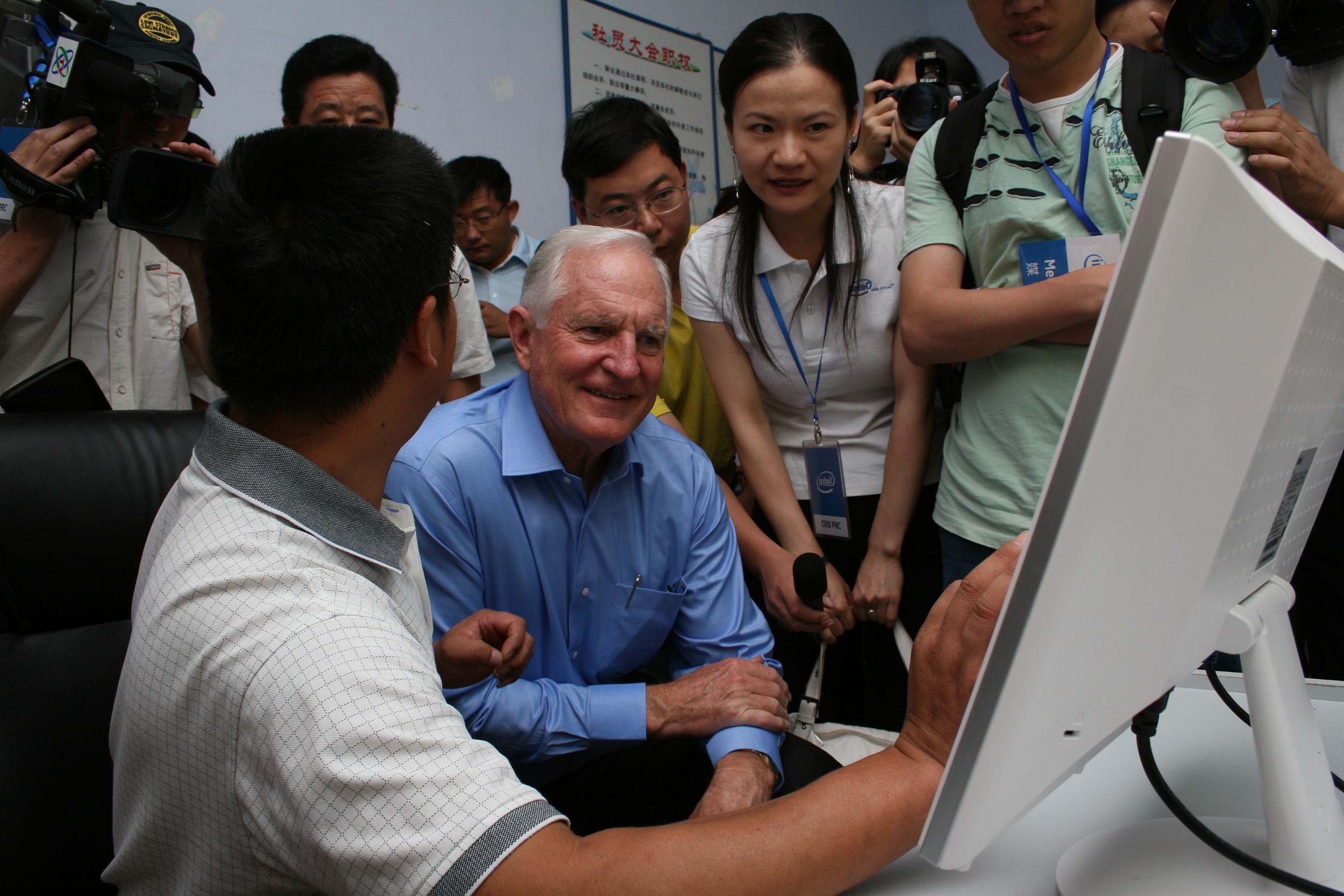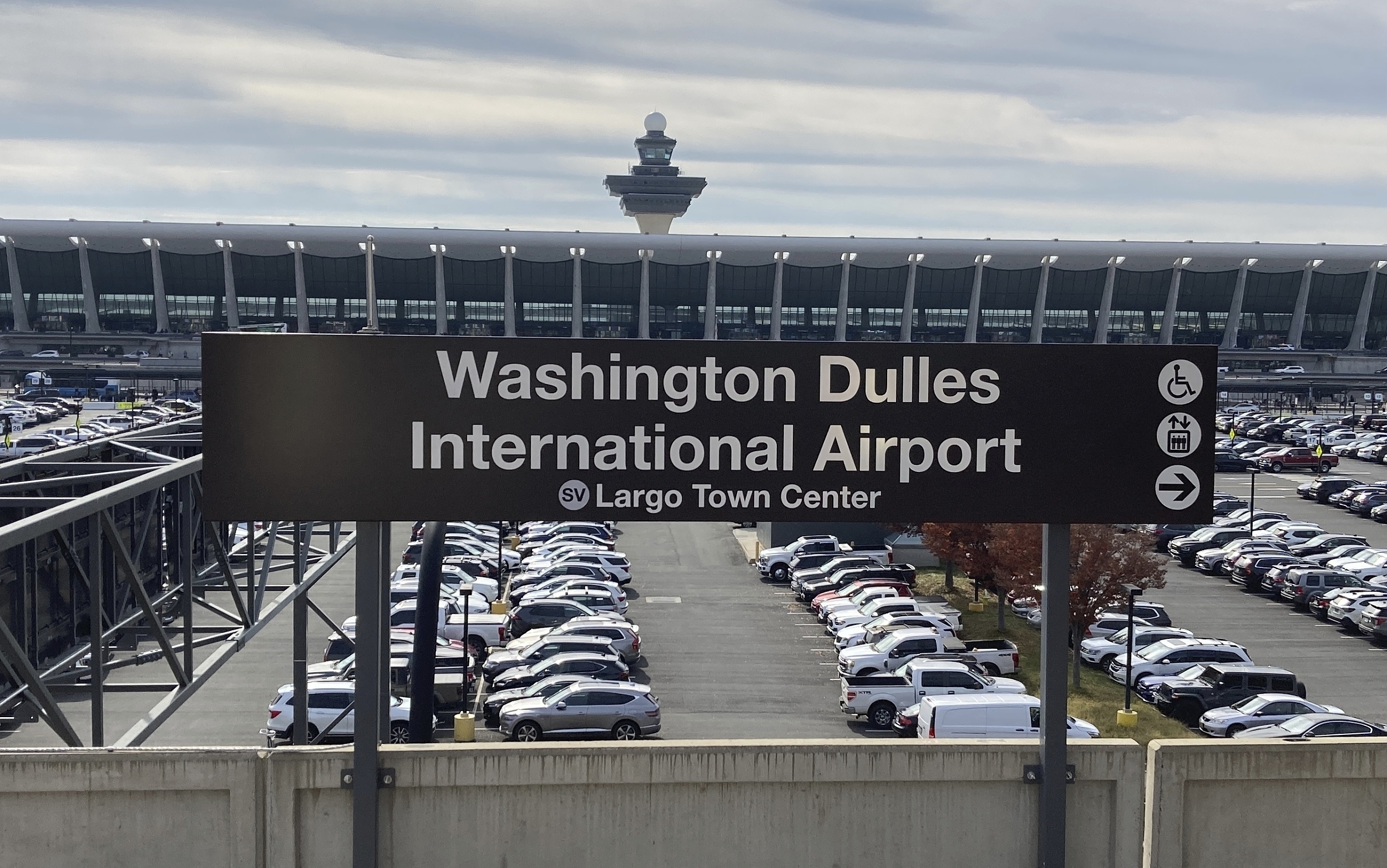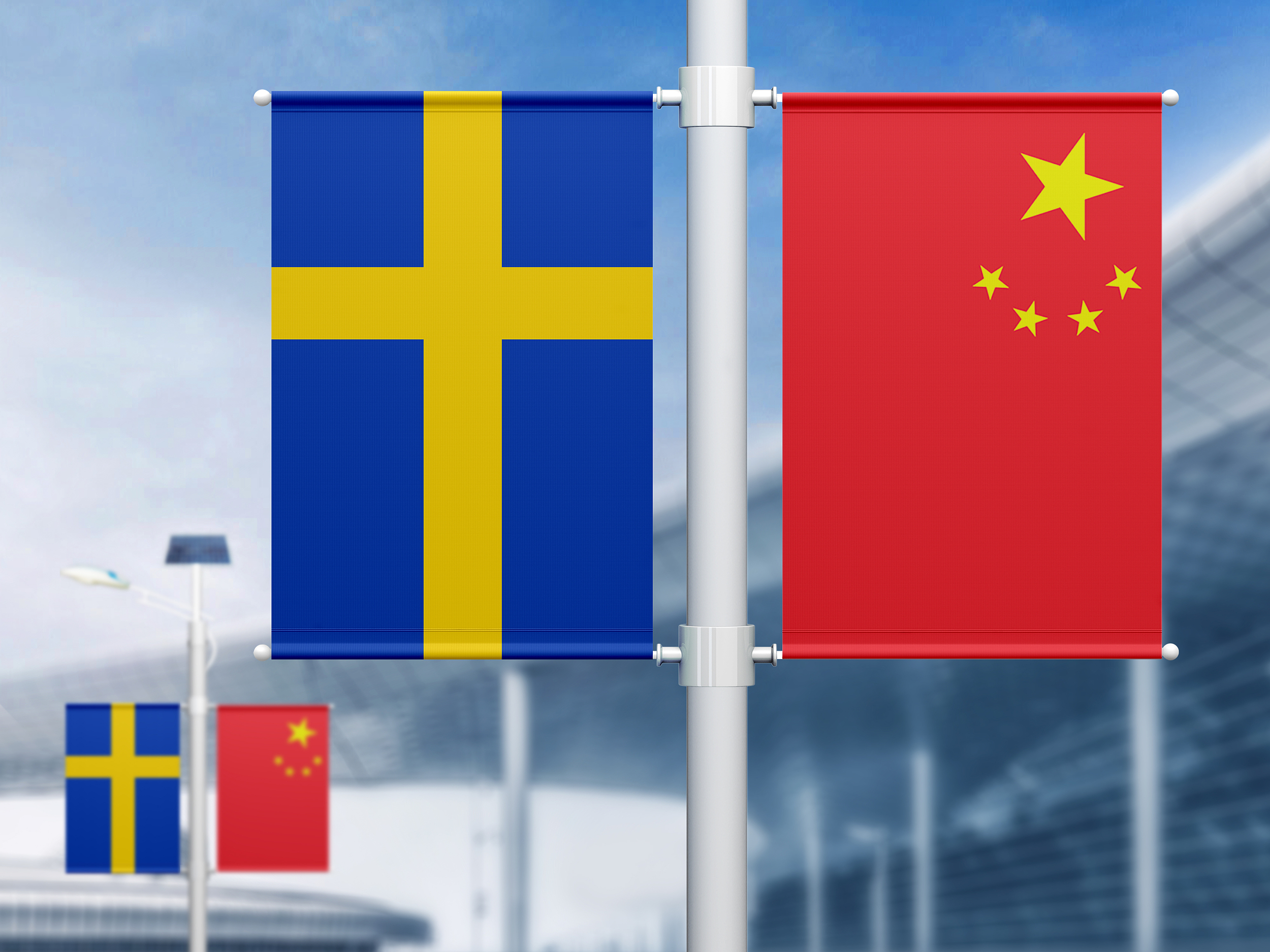A short-term extension of the U.S.-China Science and Technology Agreement (STA) expires this February and Denis Simon, affiliated with the Institute for China-America Studies, told South China Morning Post on February 2 that as a consequence, the U.S. was "very concerned" about American scientific personnel being detained or not being able to return home from China. However, although this statement seemed to signal? the legitimate concerns arising from the lack of renewal of the agreement, in reality, it cannot stand up to scrutiny and is groundless.



